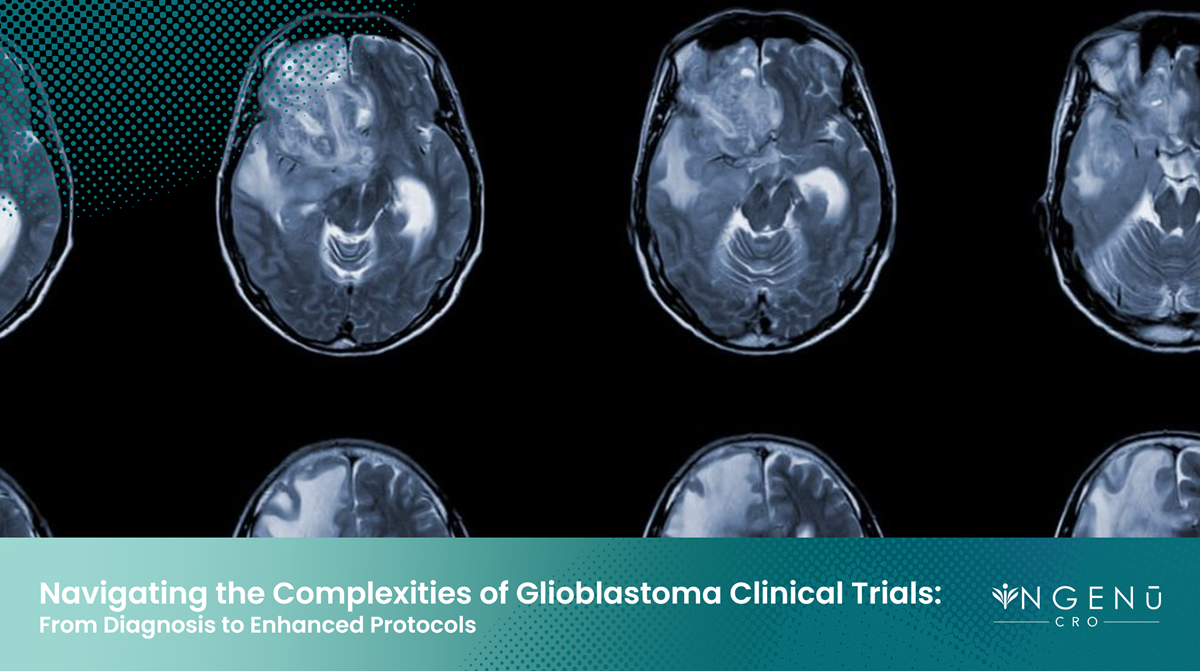Download our whitepaper,
"Navigating the Complexities of Glioblastoma
Clinical Trials: From Diagnosis to Enhanced Protocols"

What's Inside:
- Key FDA-Approved Pivotal Endpoints for Glioblastoma Clinical Trials.
- Optimizing Recruitment with Adaptive Trial Designs for Glioblastoma.
- Comprehensive Analysis of FDA-Approved Glioblastoma Drugs.
- How Diagnostic Criteria for Glioblastoma Have Evolved and Impact Research.
- Overcoming Common Pitfalls in Glioblastoma Clinical Trials.
- And additional insights to drive your trial's success.
Access your complimentary whitepaper today:
Glioblastoma
Glioblastoma is a highly aggressive form of brain cancer that originates from glial cells, which support and protect neurons. This cancer is known for its rapid growth and invasive nature, often spreading into surrounding brain tissue, making treatment particularly challenging.
It frequently presents with symptoms such as headaches, seizures, or cognitive changes, depending on where the tumor develops. The difficulty in completely removing the tumor surgically, along with its tendency to recur, highlights the complexity of treating glioblastoma effectively.
Advances in understanding the molecular mechanisms of glioblastoma have led to new therapeutic strategies that aim to address both the visible tumor and the underlying biological factors driving its growth. These insights are helping shape more targeted approaches in treatment development.
iNGENū's team of researchers and clinicians is deeply committed to advancing glioblastoma research. Through innovative trial designs and a patient-focused approach, we are dedicated to accelerating the development of new therapies that have the potential to improve outcomes for those affected by this devastating disease.
90%
of tumors recur, even after aggressive treatment
Glioblastoma is expected to grow
30%
due to an aging population
10%
of cases occur in the brainstem, limiting treatment options
Our clinical team has over
120
years of combined clinical trial experience